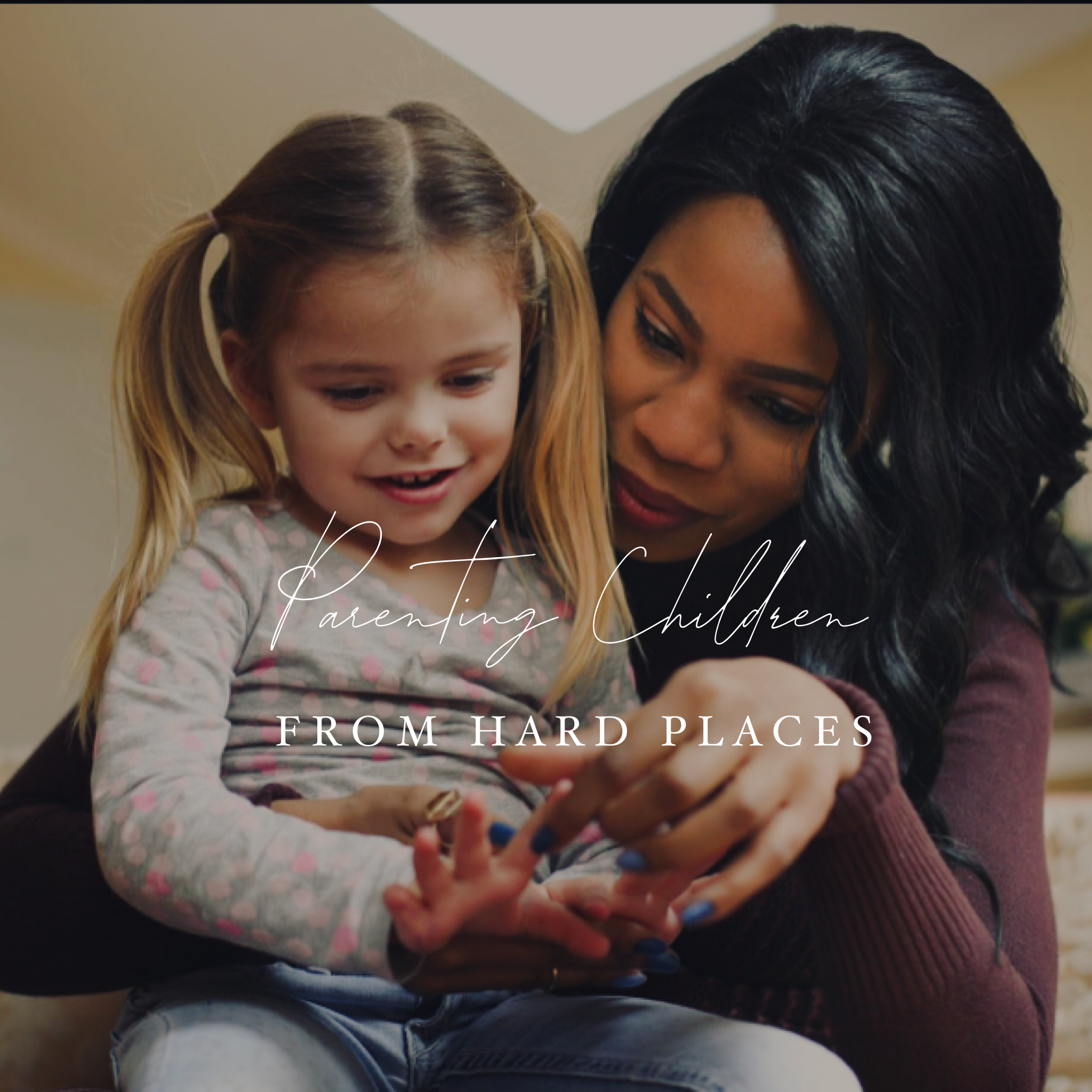Parenting Children from Challenging Spaces
“WHOEVER RECEIVES ONE SUCH CHILD IN MY NAME, RECEIVES ME.” – MATTHEW 18:5
Being an adoption professional for the last fourteen years, I have been able to train, educate and prepare adoptive families on the needs of children in foster care. What I didn’t expect was how much those families who are parenting in the trenches would teach me.
Taking in story after story, reliving loss after loss and learning about the real pain experienced when loving a child from hard spaces became a mission for me. After all, how could I teach if I didn’t first understand what families were up against? I am thankful for the great mentors and supervisors I have had that insisted I sit in those spaces with the families I was serving. Who knew that later in life when I too would become an adoptive parent I would pull from those experiences in raising our own child.
In their book, Wounded Children Healing Homes Schooler, Smalley, and Callahan share “ every parent has expectations, hopes, and dreams, whether the child joins the family by birth or adoption. It is a normal and natural part of parenthood… As adoptive parents, we have the same dreams that all parents have, although we usually embark on our trip with less information about the biological road map of our children. Whether we adopt because of infertility or not we are told to set aside our ‘fantasy child’ in order to be emotionally prepared to love and attach to one who brings her own set of genes, family history, and talents.”
Here’s the most important piece in all of that. Parenting children from hard spaces requires that we address the feelings behind our unmet expectations. It’s one thing to accept that the ‘fantasy child’ you dreamt of may not walk through your door. It's another to walk that out in your everyday life.
What I learned changed how I served adoptive families
In my professional experience, I have seen many families struggle and ultimately bring children back into foster care. The families that have stuck it out, the ones who have figured out a way to make it work required a village. Here is what those families have taught me along the way:
Parenting children from hard spaces is not determined by your ability to avoid difficult things and only live in ideal ones. It's found in the ongoing process of discovering how to navigate the hard spaces and nurture in real-time.
You can’t expect to welcome brokenness into your home and not be shattered by it yourself. You can’t comfort and confront the abuse without having some of your own innocence stripped away.
You can’t hear your child's tragic story of grief and loss without having it rock you to the core.
The difficult truths we face on this journey is that we are all broken and in need of a savior.
Parenting children from hard spaces means you can never unlearn what you now know. The true test is in navigating your new knowledge in a way that gives grace to both you and your adopted child.
The only truth that remains is that their grief, loss, and pain are now a part of your family makeup. It becomes part of your new normal. Everything changes because it has to. Many families get stuck here. It's hard to not only accept the challenges that come with adopting children from hard spaces but navigating the losses attached to it and witnessing how it impacts your family.
Parenting children who have experienced trauma only works when families readjust their shattered expectations recognize their ambivalent feelings for what they are, keep communication open with their “village” and have an open honest dialogue with their family about unmet expectations. Ultimately, deep unshakable love, the kind that steps into hard spaces with their loved ones always requires action.
References:
Beneath the Mask: Understanding Adopted Teens by Debbie Riley
Wounded Children Healing Homes by Schooler, Smalley & Callahan



